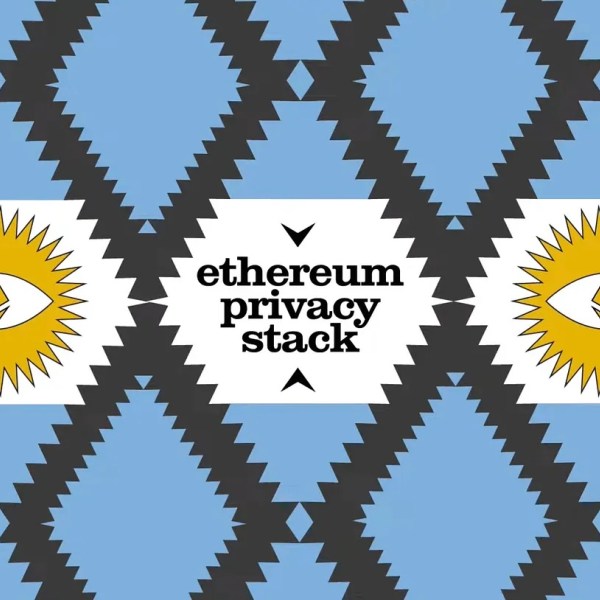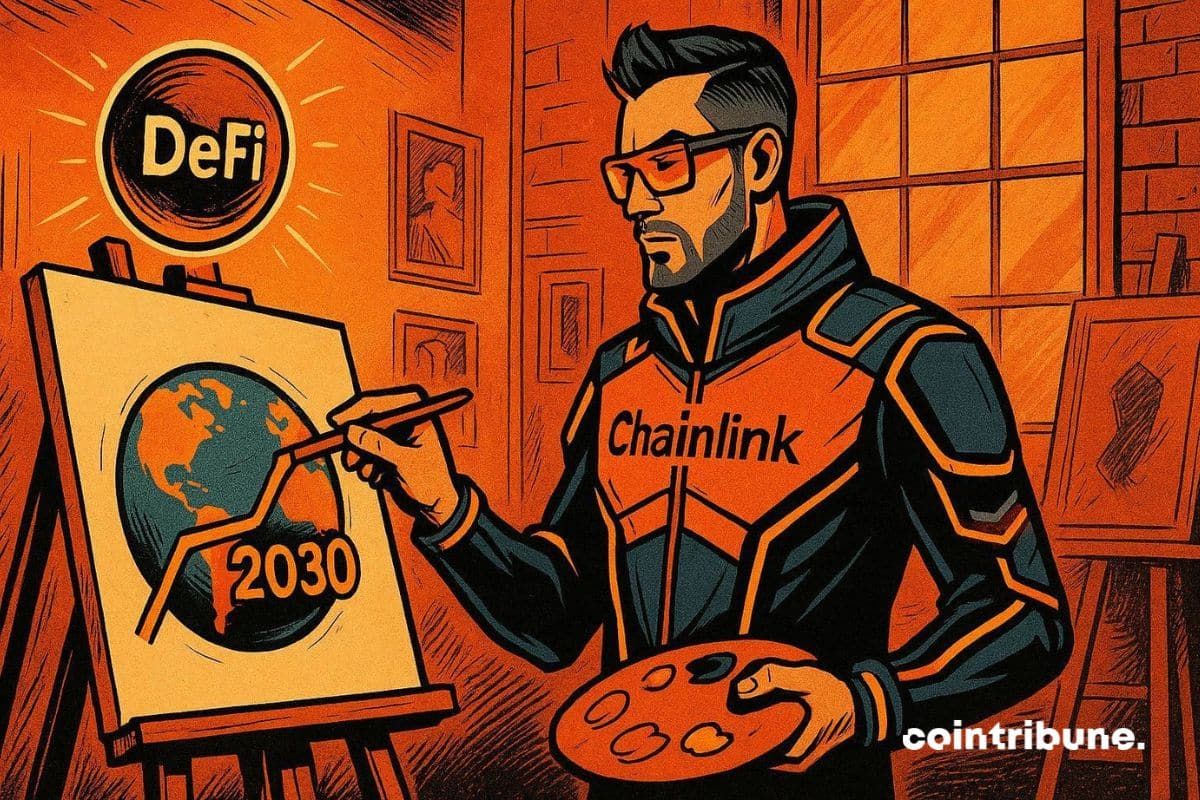Very Few Tokens Are Securities, Says Paul Atkins
The U.S. crypto industry may have just entered a new era. SEC Chair Paul Atkins broke from his predecessor’s hardline stance, declaring that only “very few” tokens count as securities. Backed by the launch of Project Crypto, Atkins is signaling a shift from enforcement-heavy regulation toward building a framework that embraces innovation and prepares financial markets for an on-chain future.
A Turning Point for Crypto Regulation
U.S. SEC Chair Paul Atkins has drawn a clear line between his leadership and that of his predecessor, Gary Gensler. Where Gensler argued that most crypto tokens are securities , Atkins says “very few” fit that category. This subtle but crucial difference signals a friendlier regulatory environment, one that could unlock innovation rather than restrict it. His comments at the Wyoming Blockchain Symposium confirm a pivot toward seeing tokens as technology-first, not securities by default.
Project Crypto: A Framework for the Future
Atkins isn’t just talking. The SEC has launched Project Crypto , an initiative meant to modernize securities laws and adapt them for blockchain. The idea is to move beyond outdated interpretations and recognize that crypto represents a new financial architecture. Analysts from Bernstein have gone as far as to call this the “boldest and most transformative crypto vision” ever presented by a sitting SEC chair. If executed well, Project Crypto could set the foundation for on-chain financial markets where stocks, bonds, and even the dollar itself trade natively on blockchain.
Market Reactions: Confidence Returns
The immediate market reaction has been optimism. Bitwise CIO Matt Hougan described Project Crypto as a roadmap for the next five years of investment strategy. For institutions sitting on the sidelines due to regulatory uncertainty, this kind of clarity could be the green light they’ve been waiting for. Investors now see a pathway to regulatory approval for tokenized assets, ETFs, and broader crypto adoption in traditional finance.
Predictive Outlook: Where This Could Lead
So what happens next? There are three likely outcomes:
- Tokenization Boom – Atkins’ framework could accelerate tokenization of real-world assets (RWAs), making bonds, equities, and currencies tradable on blockchain. This aligns with his suggestion that “all assets” may eventually move on-chain.
- Institutional Entry – With reduced legal risk, asset managers and banks may scale up crypto offerings. This could bring trillions of dollars into tokenized markets, boosting liquidity and credibility.
- Global Standard Setting – If the U.S. leads with a pragmatic approach, other jurisdictions may follow. The EU has MiCA, but Atkins’ Project Crypto could shape global norms, giving the U.S. first-mover advantage in defining on-chain financial regulation.
Risks That Remain
Not everything is smooth sailing. While Atkins is friendlier to crypto, Congress still needs to align on legislation. Lobbying battles are certain, and political shifts could reverse progress. There’s also the risk of regulatory “over-innovation,” where trying to future-proof laws leads to loopholes or uneven enforcement. Markets may welcome clarity, but too much experimentation from regulators could spook investors.
Final Take: Why This Matters for Investors?
Atkins’ stance represents a new chapter for crypto in the U.S. If the SEC follows through , we’re likely to see faster adoption of tokenized securities, a more vibrant RWA market, and stronger institutional participation. In the short term, this could drive rallies across major tokens, particularly those tied to smart contract platforms like Ethereum, Solana, and Polygon. Longer term, the real story is whether Project Crypto successfully builds the rails for a financial system that runs on-chain.
In short, crypto just gained its most powerful ally yet in Washington. The next five years could define whether digital assets remain a niche sector or become the backbone of global markets.
$BTC, $ETH
Disclaimer: The content of this article solely reflects the author's opinion and does not represent the platform in any capacity. This article is not intended to serve as a reference for making investment decisions.
You may also like
Ethereum Privacy’s HTTPS Moment: From Defensive Tool to Default Infrastructure
A summary of the "Holistic Reconstruction of Privacy Paradigms" based on dozens of speeches and discussions from the "Ethereum Privacy Stack" event at Devconnect ARG 2025.

Donating 256 ETH, Vitalik Bets on Private Communication: Why Session and SimpleX?
What differentiates these privacy-focused chat tools, and what technological direction is Vitalik betting on this time?

Ethereum Raises Its Gas Limit to 60M for the First Time in 4 Years

